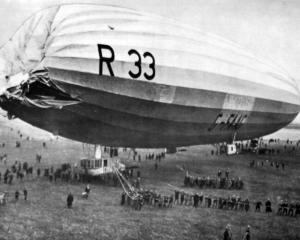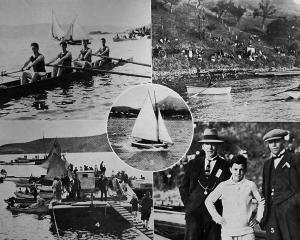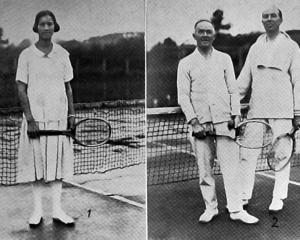
Chief among these is the existence of large areas of unsettled lands in the North Island, of which the natural resources have not been developed to the same extent as they have been in the South Island. To the would-be settler, and especially to young men eager to make a start in life for themselves, the very fact that more land is being thrown open for settlement in the North Island than in the South attracts population to the North. The circumstance, also, that the average holding in the North Island is smaller than in the South brings into relief another factor of importance—namely, that by reason of climatic conditions farming is a simpler business in the North than in the South. In other words, an energetic man can make a better livelihood on a small farm in the North Island than he can under like conditions in the South, where extensive tracts of land are suitable only for pastoral pursuits and cannot be profitably held in small areas. Climatic conditions and physical configuration are factors beyond human control, but it is reasonable to suppose that the northward drift of population may be stayed to some extent by the prosecution of a vigorous policy of subdivision of such lands in the South as are suitable for closer settlement. It is, indeed, in the best interests of the dominion as a whole that such a policy should be put into execution. Nor can we overlook the consideration that it requires only the introduction of a supply of water and the improvement of the means of communication to render the large tracts of land in Central Otago capable of supporting a heavy population in comfort. The census returns should furnish a stimulus to the people of this district to apply themselves earnestly to the problem of the closer settlement of Central Otago.
• At the Hillside Workshops yesterday afternoon Mr F. H. Thomas, who has been leading fitter in charge of building the new locomotives for some time, and has been promoted to the position of workshops foreman at Greymouth, was presented with a Gladstone bag and New Zealand rug by his shopmates and the members of the staff. Mr J. Carson (manager), in making the presentation, referred to the fact that Mr Thomas had served his apprenticeship at Hillside, and was undoubtedly one of the best tradesmen ever turned out at Hillside. During the time that Mr Thomas had had charge of new engine work they had turned out a locomotive in 17 days, and he thought that was a record. Wherever he went, he felt sure that Mr Thomas would make a name as a locomotive engineer of the first rank. Messrs H. G. Brooks and Ralph Johnston (foremen), and E. E. Gillon said that it was pleasing to him, as an old Hillside apprentice, to testify to the good work done by Messrs Thomas at Hillside and G. Flight at Addington, both Hillside apprentices, who were turning out new engines for the dominion. Mr Thomas suitably returned thanks for the gift and the sentiment accompanying it.
• Chatting recently with an officer of the department (says the Journal of Agriculture for October), a Marlborough farmer put in a good word for the small birds. He mentioned that many years ago, when the birds had not multiplied to their present number in his district, the barley crops were frequently ravaged by caterpillars. As showing the severity of the pest, he told of a case in which a neighbour’s barley had been wiped out by the caterpillar. The insects then began to cross a road dividing the destroyed crop from a paddock of barley on the opposite side. The owner of the threatened field successfully met the invasion by driving a roller up and down the road, crushing the caterpillars in masses. Of late years (presumably owing to the increase in numbers of birds) Marlborough has been free of the pest.
• The pupils of the Te Houka School have shown an admirable patriotic spirit by deciding to forgo their annual prizes in order that the funds for this purpose might be utilised to help to provide Christmas gifts for soldiers from the Clutha and surrounding districts serving at the front. The amount (£2 2s) has been handed over to Mr Hutton.
• Eels are considered a delicacy by many persons in England, and as there are large numbers in the Opihi and other rivers in South Canterbury, several Red Cross workers are arranging an eel drive. The eels that are caught will be frozen and sent home to the hospitals. — ODT, 4.11.1916.
• COPIES OF PICTURE AVAILABLE FROM ODT FRONT OFFICE, LOWER STUART ST, OR WWW.OTAGOIMAGES.CO.NZ












